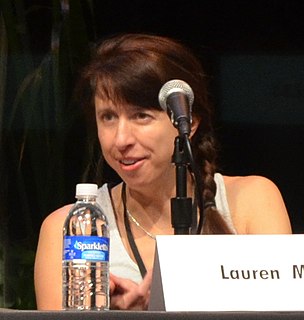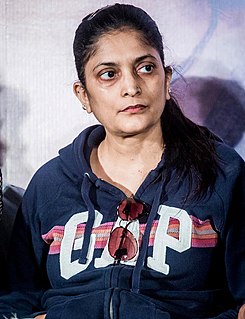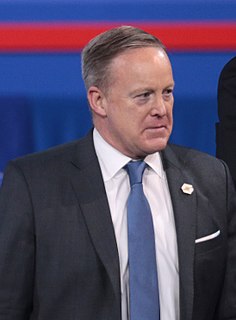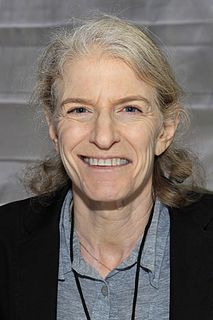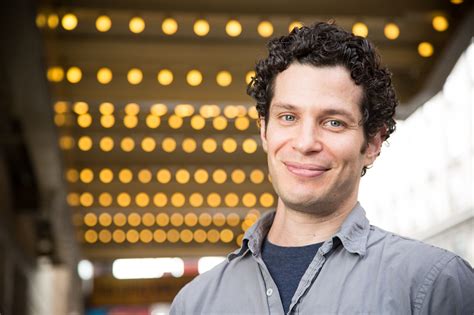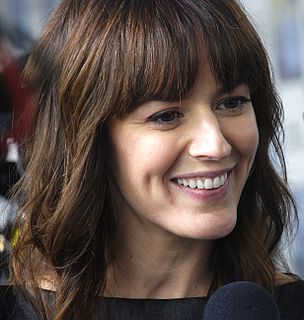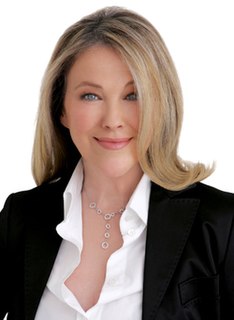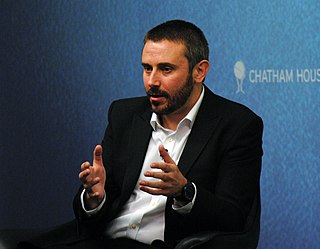A Quote by Lauren Myracle
I'm always drawn to the underdogs, to the people whose stories don't get told.
Related Quotes
I'm drawn to stories about ordinary people who get tangled up in an extraordinary event or idea or emotion. I'm not saying I don't love films about super-people or super-doctors, but my preference is for stories about how we get through this life, what it is to be human, because I'm always struggling with it myself.
Im drawn to stories about ordinary people who get tangled up in an extraordinary event or idea or emotion. Im not saying I dont love films about super-people or super-doctors, but my preference is for stories about how we get through this life, what it is to be human, because Im always struggling with it myself.
I think most people aren't really privy to how stories are developed and what stories are - make it to the front page or to the mainstream media, whether it's in print or in broadcast. And I think they'd be shocked and disappointed to see some of the bias that exists in some of the stories that don't get told - or the manner in which they are told.
It has been said, "History is written by the victors." I take this to mean we can make ourselves victorious by writing, and then rewriting our own stories. In a country and culture so dominated by media, by the manipulation of words and stories, telling the tales of people whose stories historically have not been told is a radical act and I believe an act that can change the world and help rewrite history.
Each of us is comprised of stories, stories not only about ourselves but stories about ancestors we never knew and people we've never met. We have stories we love to tell and stories we have never told anyone. The extent to which others know us is determined by the stories we choose to share. We extend a deep trust to someone when we say, "I'm going to tell you something I've never told anyone." Sharing stories creates trust because through stories we come to a recognition of how much we have in common.
I think you're always drawn to what you love, and I'm always really drawn to things that feel really real and really true to me. I love things that make me think of things in a way I hadn't, and I love looking at people in the world in a way that I hadn't. And sometimes big, huge stories do that for me, but I think I am drawn to smaller ones.
The first week I was in Iraq, I said, "This is what I want to do. I want to be a reporter and to tell stories of people whose stories would not be told if we don't gather them." It's part of what I think of as the one-two punch of journalism. You're trying to give voice to the voiceless, and then you're also trying to hold those in power accountable, regardless of what party they're in.
